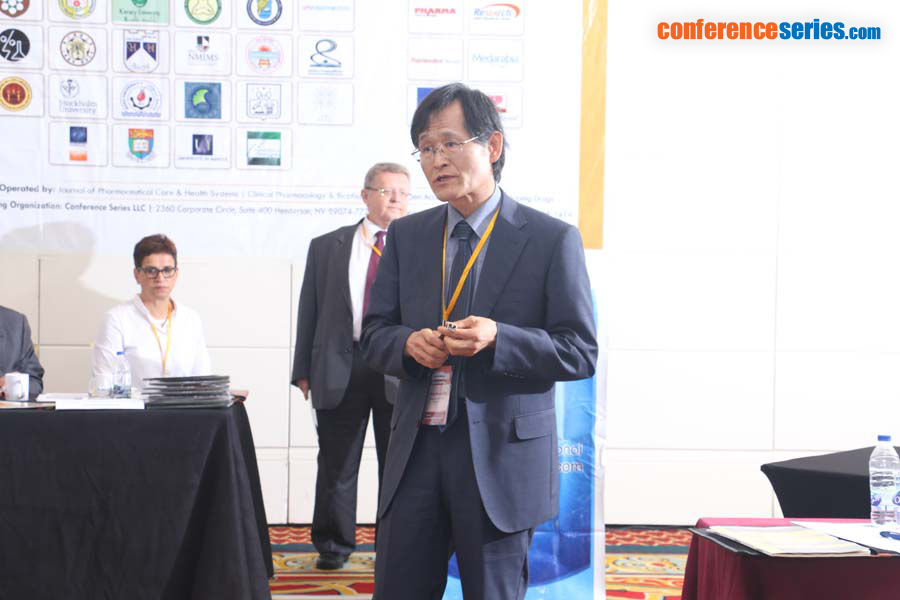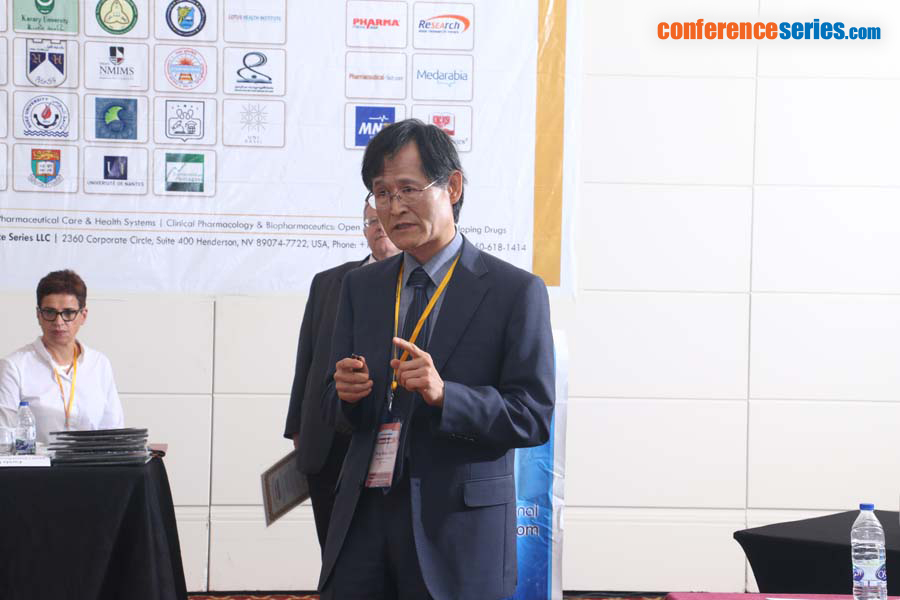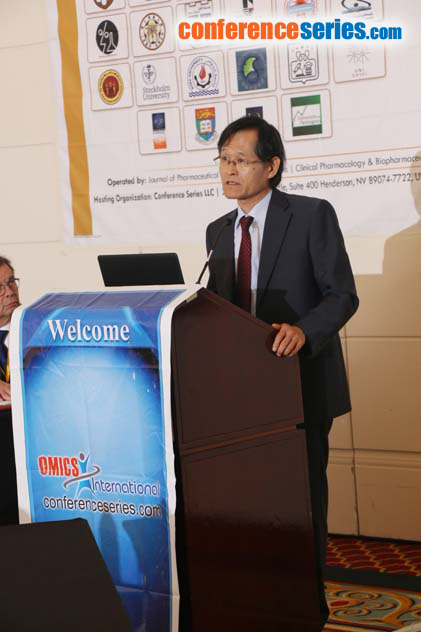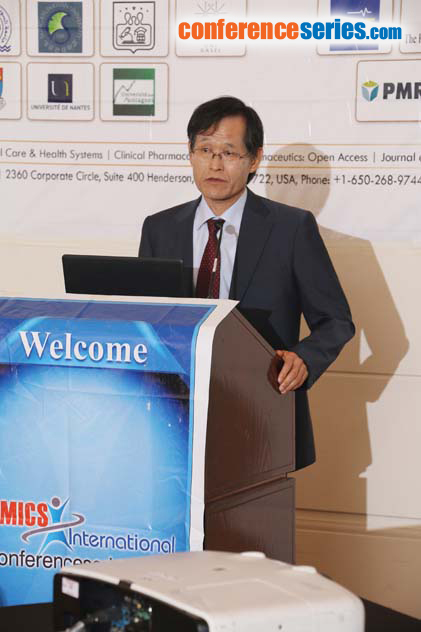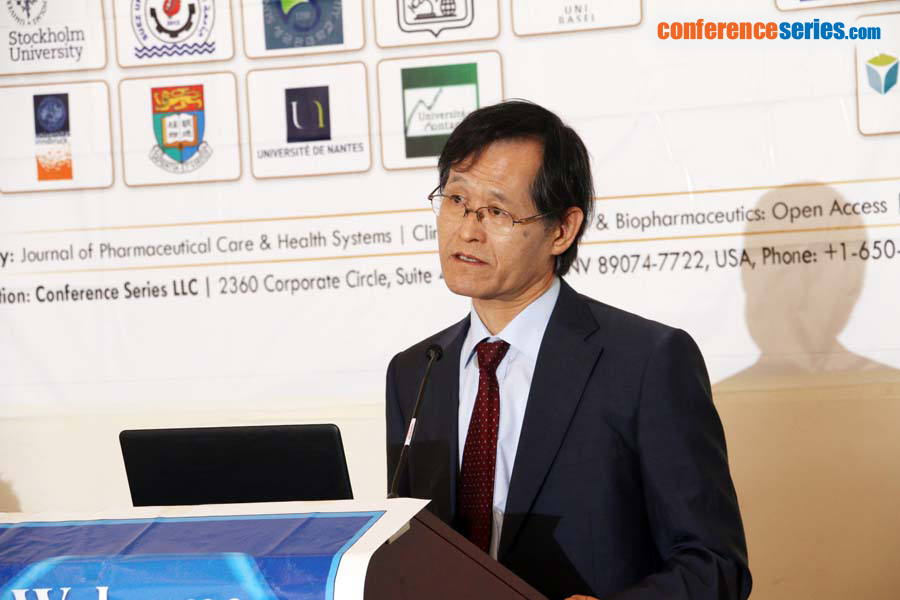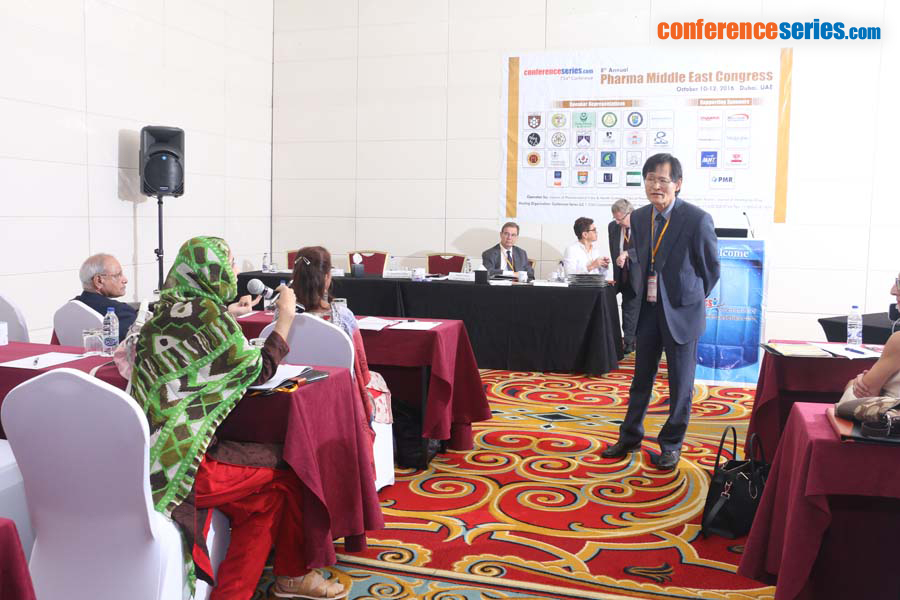
Dong-Kwon Rhee
Sungkyunkwan University, South Korea
Title: Korean Red Ginseng prevents pneumococcal sepsis in vivo by potentiating cell survival and diminishing inflammation
Biography
Biography: Dong-Kwon Rhee
Abstract
More than 50% of sepsis cases are caused by Streptococcus pneumoniae (pneumococcus), and hospital mortality related to sepsis comprises 52% of all hospital deaths. Therefore, sepsis is a medical emergency, and any treatment against the agent that produces it, is welcome. Here, the protective effect of Korean red ginseng (KRG) extract against pneumococcal infection and sepsis was elucidated. KRG-pre-treated mice (100 mg/kg of KRG) had significantly higher survival rates and body weights than those of the non-treated controls; KRG-pre-treated mice had lower bacterial number and morbidity than those of the non-treated controls. 100 mg/kg of KRG administration decreased cytokine levels including TNF-α and IL-1β, nitric oxide level, and neutrophil infiltration 48 h post-infection, in vivo. In pneumococcal infection, KRG pre-treatment downregulated TLR 4 and TNF-É‘ expressions in RAW 264.7 macrophage cells and increased cell survival by activating PI3K/AKT signaling. Taken together, 100 mg/kg of KRG appeared to protect host cells from lethal pneumococcal sepsis by inhibiting inflammation as well as by enhancing bacterial clearance thereby reinforcing cell survival against pneumococcal infection.


